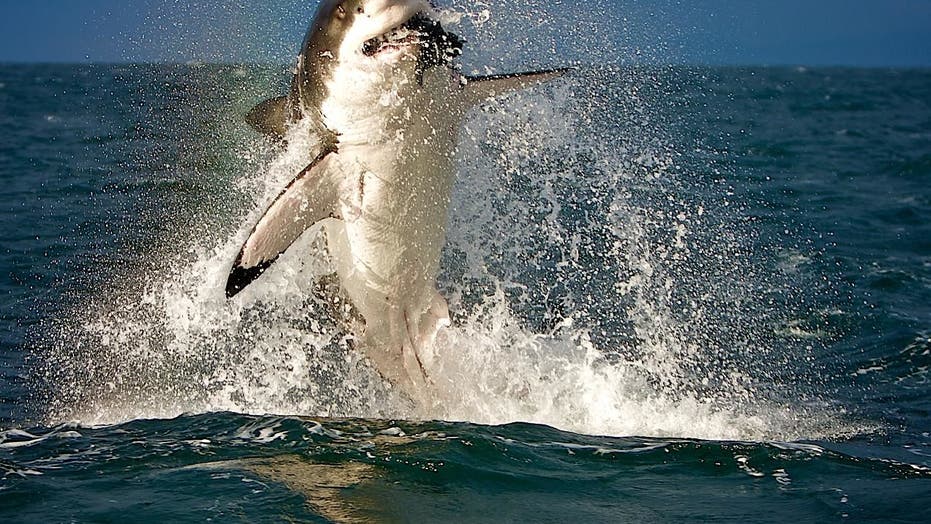GAINESVILLE, Fla. – Just when you thought it was safe to go back in the water...
Shark attacks in the U.S. reached their highest level in more than a decade last year, reported scientists with the University of Florida.
The University of Florida's International Shark Attack File, released on Monday, says the U.S. experienced 53 attacks in 2012, the most since 2000 -- and surged over a low of 31 last year. But don't make too much of that year to year surge, explained George Burgess, curator of the File and a scientist with the University of Florida.
[pullquote]
"Short-term trends in the number of shark bites -- up or down -- must be viewed with caution," Burgess explained on the website for the Shark Attack File. "The ISAF prefers to view trends over longer periods of time (e.g., by decade) rather than trying to assign too much significance to often high year-to-year variability."
Florida led the U.S. with 26 attacks. Hawaii had 10 attacks, followed by California and South Carolina with five each, North Carolina with two and one each in Georgia, Massachusetts, New York, Oregon and Puerto Rico. One attack in California was fatal.
"The number of shark-human interactions occurring in a given year is directly correlated with the amount of time humans spend in the sea," The ISAF website explains. "As world population continues its upsurge and interest in aquatic recreation concurrently rises, we realistically should expect increases in the number of shark attacks and other aquatic recreation-related injuries."
The report says there were seven fatalities worldwide, which is lower than 2011 but higher than the yearly average of 4.4 from 2001 to 2010. There were 80 unprovoked attacks worldwide, slightly more than 2011.
The Associated Press contributed to this report.

